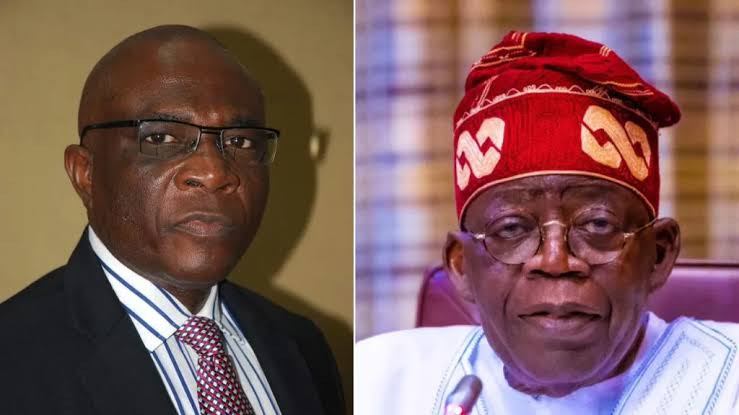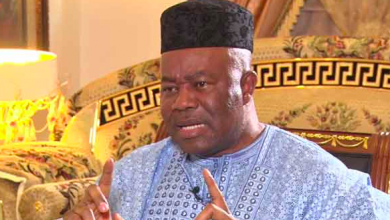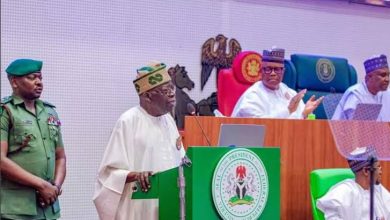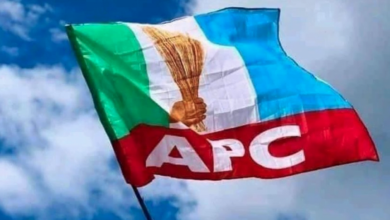
A claim by the Nigerian Presidency that the 2023 budget approved by Former President Muhammadu Buhari is inefficient as it allocated 97% of the country’s revenue for debt servicing has been found to be false.
POLITICS NIGERIA reports that the government recently responded to a New York Times article which raised concerns about the country’s economic struggles.
The article, titled “Nigeria Confronts Its Worst Economic Crisis in a Generation,” highlighted issues like fuel subsidy removal and currency changes under President Bola Tinubu.
The report criticised the Nigerian economy as facing the worst trajectory in a generation.
In a statement, the presidency, through Tinubu’s spokesperson Bayo Onanuga, called the article “unfair” and blamed the current problems on the previous administration’s economic mismanagement.
Onanuga also claimed positive results from Tinubu’s policies, citing a trade surplus and falling inflation.
“For decades, Nigeria had maintained a fuel subsidy regime that gulped $84.39 billion between 2005 and 2022 from the public treasury in a country with huge infrastructural deficits and in high need of better social services for its citizens,” he said.
“The state oil firm, NNPC, the sole importer, had amassed trillions of naira in debts for absorbing the unsustainable subsidy payments in its books. By the time President Tinubu took over the leadership of the country, there was no provision made for fuel subsidy payments in the national budget beyond June 2023.
“The budget itself had a striking feature: it planned to spend 97 percent of revenue servicing debt, with little left for recurrent or capital expenditure. The previous government had resorted to massive borrowing to cover such costs.”
However, a key point in the government’s response has been discovered to be concocted, when facts are being looked at. Onanuga stated that the 2023 budget allocated a staggering 97% of revenue for debt servicing, leaving little for other needs.
When the claim was compared with official records from the Debt Management Office (DMO) by the Foundation for Investigative Journalism (FIJ), it showed a different story.
According to the DMO, a government agency tasked with coordinating the management of Nigeria’s debt, the 2023 budget planned to spend only 73.5% of revenue on debt servicing, with the remaining funds going towards other expenses.
Further investigation revealed that the government expected to raise additional funds through borrowing to cover a projected budget deficit. This means, that while debt servicing was a significant expense, it wasn’t nearly as high as the 97% claimed by the presidency.
News reports from several media outlets also corroborated the lower debt-servicing ratio. Finally, FIJ found that even with the actual figure of 45.6% of tax revenue spent on debt in the first nine months of 2023, Nigeria still exceeded the World Bank’s recommended limit of 22.5% for low-income countries.
The investigation found no evidence to support the government’s claim that the 2023 budget planned to spend 97% of revenue on debt servicing.






